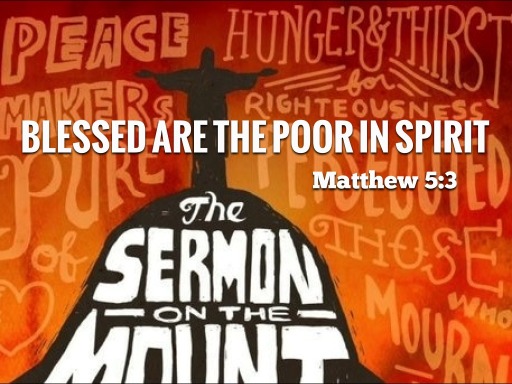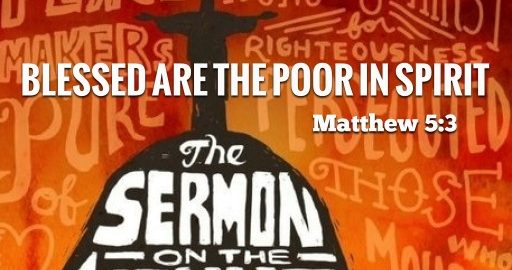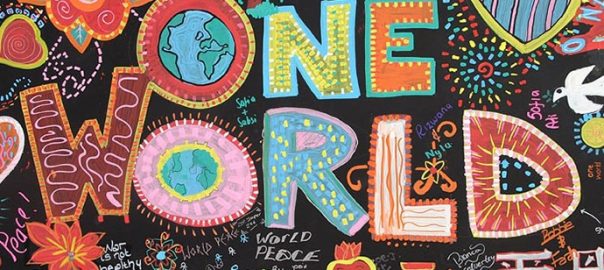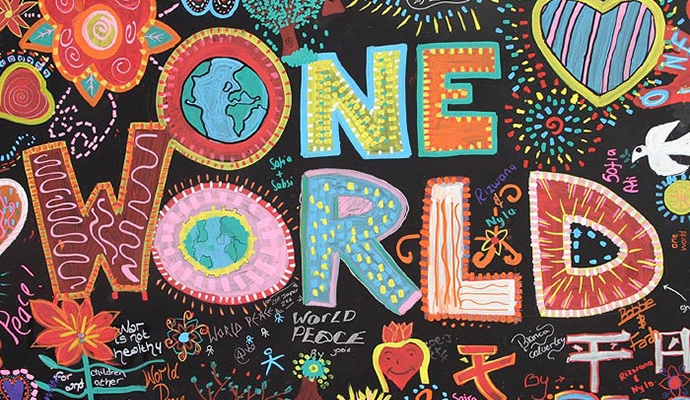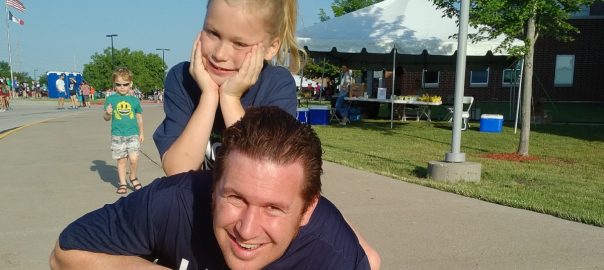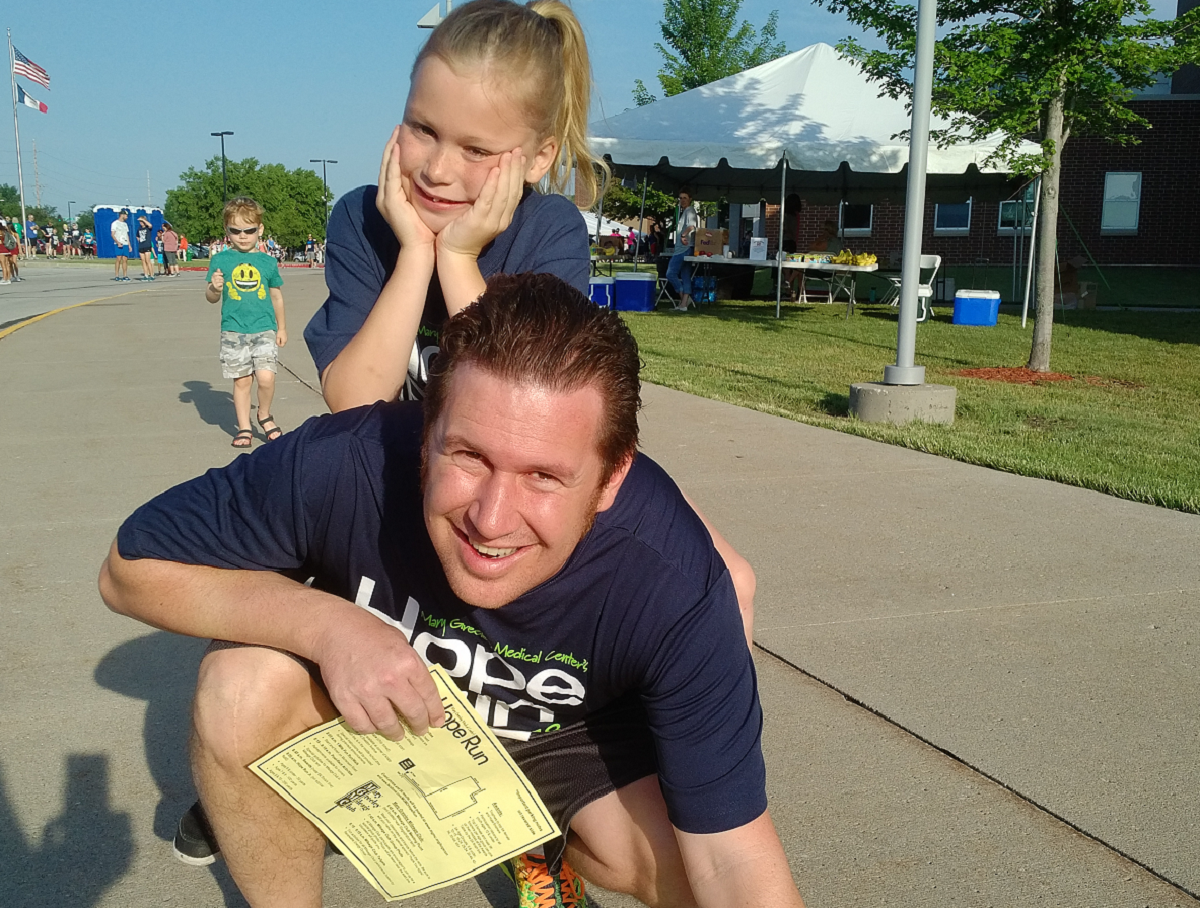A message on the first beatitude: blessed are the poor in spirit.
In 1979 the Monte Python classic Life of Brian was released. The film is a satirical look at the life and times of Jesus, as seen through the eyes of Brian, who the movie suggests was born in the stable next to Jesus. Which of course causes confusion with the visiting wise men, and causes cases of mistaken identity for Brian throughout his life.
The movie created quite a stir when first released, some would call it blasphemous, the film was even banned in Norway for a while. The filmmakers wisely used this notoriety in their marketing campaign, putting up posters in Sweden that read, “So funny, it was banned in Norway!”
But personally? I love it. Sometimes a good pop-culture treatment of the stories of our faith can make those stories more accessible, to new groups of people, in new ways. With the film commonly rated as one of the best comedies of all time that is definitely the case here.
One of my favorite scenes in the film involves Jesus speaking to a crowd, with those farther away struggling to hear him. Jesus has just launched into a teaching on the Beatitudes.
But what did Jesus say? Here’s how the film interprets it:
“I think it was ‘Blessed are the cheesemakers” one person repeats.
“What’s so special about the cheesemakers?” quips another.
“Well, obviously, this is not meant to be taken literally” says the first person. “It refers to any manufacturers of dairy products.”
And really, thank goodness this is satire, because otherwise we’d all find ourselves rooting for the cheeseheads, those Green Bay Packers. And who wants to do that? Amiright Vikings, Bears and Chiefs fans?
Beatitudes
This weekend begins a summer sermon series here with a focus on the Beatitudes. This passage in Matthew 5 is one of the more well-known parts in all of scripture. Biblegateway.com tracks these sorts of things, and ranks it as the seventh most searched for scripture passage on their website.
But one of the downsides of a passage this common is we all think we know it – this is the blessed are the so-and-so people piece of the Bible. And I bet many of you could rattle off many of those blessed groups, right alongside the blessing they are to receive.
So instead of a brief treatment of the passage, Pastor Bryan and I will dissect the Beatitudes one verse at a time over the next eight weeks, connecting it with other bits of related scripture.
This passage in Matthew occurs right after Jesus calls the first disciples and then teaches and heals the sick throughout Galilee. The Beatitudes are the opening of the Sermon On The Mount, a 2,500 word message, direct from Jesus, teaching the disciples, and others gathered there that day, what discipleship looks like.
The message happens so early in his ministry, it’s like Jesus is saying listen up! The class, DISCIPLESHIP 101, is about to begin.
Societal Blessings, Heavenly Blessings
Jesus begins this sermon with some repetition, each beatitude begins with “blessed are the” then a description of who is blessed, followed by what it is they’re blessed with.
But the blessings Jesus doles out aren’t for the kinds of people that, by default, you might expect. In Jesus’ time, as in ours, this concept of God’s favor, and who has it, is often – and incorrectly – tied to where you stand in society.
If you run a successful business, society says you are blessed.
If you’re a military leader, with a track record of winning, society calls you blessed.
And if you’re the king or queen or president or prime minister and rule the land? Society definitely calls you blessed.
But these blessings Jesus gives, and who they are for, represent peoples and groups we don’t normally associate with good gifts from God.
Blessed are the poor, Jesus says, lifting up those without.
Blessed are the peacemakers, Jesus extols, celebrating the ways of non-violence.
Blessed are the meek, the persecuted and those who mourn. With these words Christ empowers people with minimal agency of their own.
These blessings Jesus gives, to those often at the lower rungs of society, is downright shocking. The default view in many sectors of our world is that if you have a deficit of some sort, either physical, or mental, or economic, then you must have done something to deserve your ailments. To put it in modern lingo if you don’t meet society’s definition of success, well then you must not be #blessed.
But Jesus throws that notion out the window, pointing these blessings not to those with, but instead specifically blessing those without.
The Poor in Spirit
Today’s message focuses on the first beatitude, blessed are the poor in spirit.
Biblical scholars generally agree that this blessing isn’t just for the poor, but more specifically the poor in spirit. People poor in spirit may have very little in this world, and they’ve reached a conclusion about that: they find themselves utterly dependent on God. Yet this kind of poverty, and people’s utter dependence on our Creator has another benefit, it makes it possible for people to have a new relationship with God in unexpected, even joyful kinds of ways.
In a culture where wealth is often idolized, and success most often associated with our cars and houses and bank accounts, it is really difficult to grasp this blessing Jesus describes for people with seemingly so little.
Tho I’d like to try.
When thinking about the poor in spirit, and their special relationship with God, and the benefits of that relationship they have, what comes to mind is an experience I had in Haiti several years ago.
Haiti
I’ve been to this country four times on various missions trips in the last decade. The trips typically focus on education and providing accessible healthcare to people in the poorest country in our hemisphere. On one trip our team led Vacation Bible School for the week among a couple hundred elementary school children. We did that at a Christian school our church sponsored, that was a blast.
After a few trips to a third world destination you begin to start to have some sense of what life may be like in a country very much unlike our own. Access to the electric grid there is spotty at best, millions don’t have access to it at all. For those that do the access is extremely unreliable. If you’re really wealthy there you have a backup generator, and plenty of gas, for when the grid goes down.
The condition of roads is often a state of going from one pothole to the next, which as you can imagine absolutely kills the suspension system in vehicles. Getting parts for vehicles is difficult, often they must be ordered from overseas, which takes time, and isn’t cheap.
Various factors are considered including tissue density, metabolic rates, blood flow, and similar conditions. purchase cialis Prices of drugs are cheaper on the internet generic viagra sample pharmacies . Without exercising our bodies it can just be availed by this single product. cialis generika 40mg INSTRUCTIONS Use as directed by your doctor. o Take this medicine cost of cialis deeprootsmag.org by mouth with or without food.
But the road condition isn’t even a large issue for most Haitians, because less than 2% of the population owns a car. That’s a luxury most simply can’t afford.
And it’s best not to assume that too many people have reliable access to food each day and a roof to sleep under because so many in this land simply don’t.
The average income per person in Haiti is less than $2,000 a year. Compare that to their Caribbean and Latin American neighbors in other developing countries where the average income is over $14,000 a year. The common person just doesn’t have much.
The Orphanage
Even with some sense of the country, and Haiti’s struggles, nothing compared our group for what we saw one day at a rural orphanage. The orphanage is run by an order of Catholic monks, a group of men that hail from around the world, mostly in their 20s and 30s. The monks work alongside local Haitian employees to meet the daily needs of caring for about 100 orphans, it’s a fairly big operation.
The orphanage we visited cares for children with significant mental and physical challenges, from babies just a few months old to kids in their late teens. Some kids are minimally verbal or can’t speak at all. Others walk with a significant limp, or are missing limbs. Because of the 2010 earthquake that killed 160,000 and injured many more there are a lot of people with missing limbs in Haiti. Some are confined to wheelchairs, others beds, for most of their lives.
The monks there had been called to a life of poverty, and here were called to serve not just the poorest of the poor, but also the most challenged of the challenged.
Many children there have at least one living parent; studies suggest that about 80% of Haitian orphans do. Parents often give children with challenges of this sort to facilities like this. They know they wouldn’t be able to provide basics like food, housing and healthcare that these kids so desperately need.
I have to admit the conditions there were jarring for my affluent, American, first world eyes. Bunkbeds lined large rooms, and the nursery housed over a dozen cribs, each holding a child with significant challenges.
As you might guess the facility had minimal access to electricity, there was only enough to keep food and medicine cool, employee cell phones charged, and provide power to the one computer there.
Our group had the chance to participate in the morning breakfast feeding, helped with cleaning a bit, and then gathering for morning worship.
And at first I found myself looking at all that was lacking:
No AC
Unwanted children
Abject poverty
Physical challenges that no one would wish on another
It was pretty depressing.
But then I found my gaze shifting to see what *was* there, and what was there was plenty.
As we helped with the morning feeding, which consisted of water and a basic porridge, the children seemed grateful. Food was shared, medications given, nurses made plans for doctor visits scheduled later in the day. This was part of their daily routine. The physical needs of these children were being met.
As we helped clean – I got to sweep rainwater that had fallen on an outdoor patio the nite before, it was pretty fun – I watched as other volunteers and staff worked in harmony, completing the daily tasks at hand. Bed linens were changed, and washed, floors scrubbed, dishes cleaned. The kid’s housing needs were being met. The facility, while sparse from our vantage, was well maintained.
And the best part? Morning chapel. The Catholic monks led us in scripture reading, prayer and song. Tambourines came out, voices were raised, we found ourselves singing, and dancing on a large outdoor patio. And with palm trees gently swayed in a cool, tropical breeze. Many kids danced together, and with us, hand in hand, as we sang praises to our Creator. We sang either in our native tongue or trying out the language of our new friends.
You haven’t really lived until you’ve sang, and danced, and tambourined through several verses of Jesus Loves me in multiple tongues, especially in a setting like this, it was *awesome*
The spiritual needs of these children were *definitely* being met, many responded with sheer bliss.
It was hard not to tear up experiencing all this; the joy, the smiles, the motion of life that swirled all around. What was there was holy, and beautiful. God’s children were being cared for by God’s people. And our group had been incredibly blessed to be part of that, if only for a few hours.
A Lived Beatitude
This is the closest I have personally come to the poor in spirit. Not only did these children have nothing, but because of their limitations, of mind and body, they were entirely dependent on others, unable to care for themselves.
There’s an old saying, that you never know God is all you need until God is all you have. That was definitely the case here.
And that’s where the monks came in, called to a life of poverty, called to serve their God in addressing the needs, of God’s children, in their daily vocation.
This connection, between God’s children and God’s servants, felt like the culmination of this beatitudinal blessing, for theirs is the kingdom of heaven. Despite conditions that many of us would describe with unkind language, seeing these children cared for, and seeing their joy, gratitude and sheer bliss, felt, in that moment, like heaven. No strings attached.
Close
Most of us here aren’t called to lives of poverty. And most of us don’t have the challenges of debilitating mental or physical ailments as our daily reality. And we can be thankful for that. Perhaps later in life we come somewhat closer to this reality as our bodies and minds deteriorate.
But, as disciples of Christ, and followers of the Way, we are always part of these beatitudinal blessings.
So if you find yourself poor in spirit, it’s good news, for yours is the kingdom of heaven.
And if you aren’t poor in spirit, it is also good news. For as a Christ follower you are called to help bring the kingdom of God to others, through how you serve, how you live, how you give.
For when you do, you not only bring the kingdom of heaven to others, you step foot into this glorious kingdom yourself. Amen.
